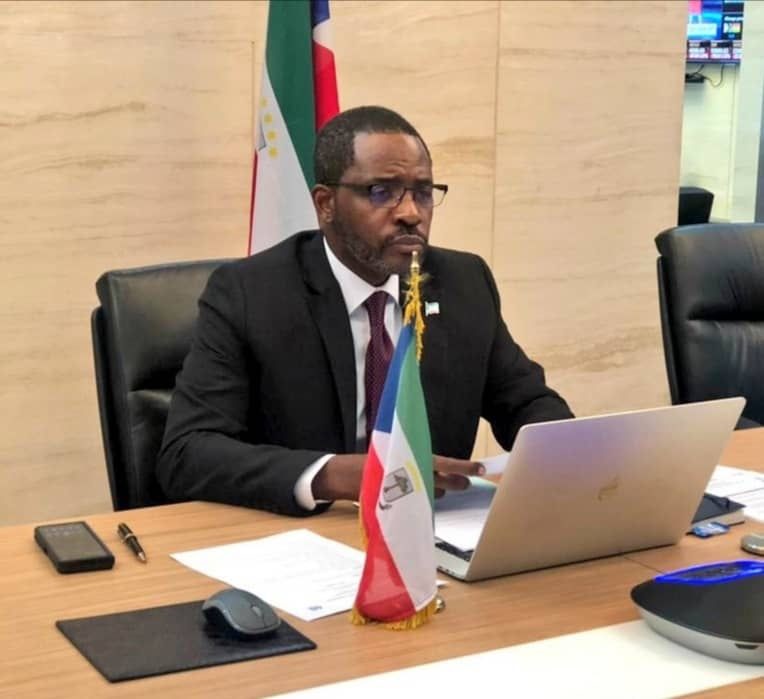Nigeria has appointed Maryamu Idris, Managing Director of NNPC Trading Limited, as the country’s National Representative to the Organization of the Petroleum Exporting Countries (OPEC).
The Nigerian National Petroleum Company Limited (NNPCL), which announced the development on Thursday, described her appointment as a strategic one that places her at the intersection of domestic oil management and international energy policy.
In her dual capacity, Idris will continue to lead NNPC Trading Limited while serving as Nigeria’s principal technical liaison within OPEC. As a member of the organization’s Economic Commission Board, she will participate in technical deliberations and policy recommendations. She is also expected to work closely with the OPEC Governor and national stakeholders, including NNPC Limited, the Nigerian Upstream Petroleum Regulatory Commission (NUPRC), and the Ministry of Petroleum Resources, to ensure Nigeria’s energy interests are effectively represented and aligned with OPEC’s broader objectives.
Idris brings to the role more than two decades of experience in Nigeria’s oil and gas industry. She began her career at the Bureau of Public Enterprises in 1999 before joining the Extractive Industries Transparency Initiative (EITI) as a Petroleum Economist and Trust Fund Adviser from 2006 to 2009, where she contributed to advancing transparency in the sector.
Her journey at NNPC began in the Crude Oil Marketing Division, where she rose through several key roles, including Supervisor of Market Research, Deputy Manager of Pricing and Performance, and Manager of Pricing and Valuation. At NNPC Trading Limited, she served as Executive Director of Crude and Condensate, later moving to Executive Director of Planning and Commercial, before being appointed Managing Director in April 2025.
She holds a Bachelor’s degree in Economics from the University of Abuja and a Master’s degree in Energy Economics from the University of Dundee, Scotland.
With her appointment, Idris is positioned to play a pivotal role in shaping Nigeria’s representation on the global energy stage while driving the country’s interests in OPEC’s policy framework.










